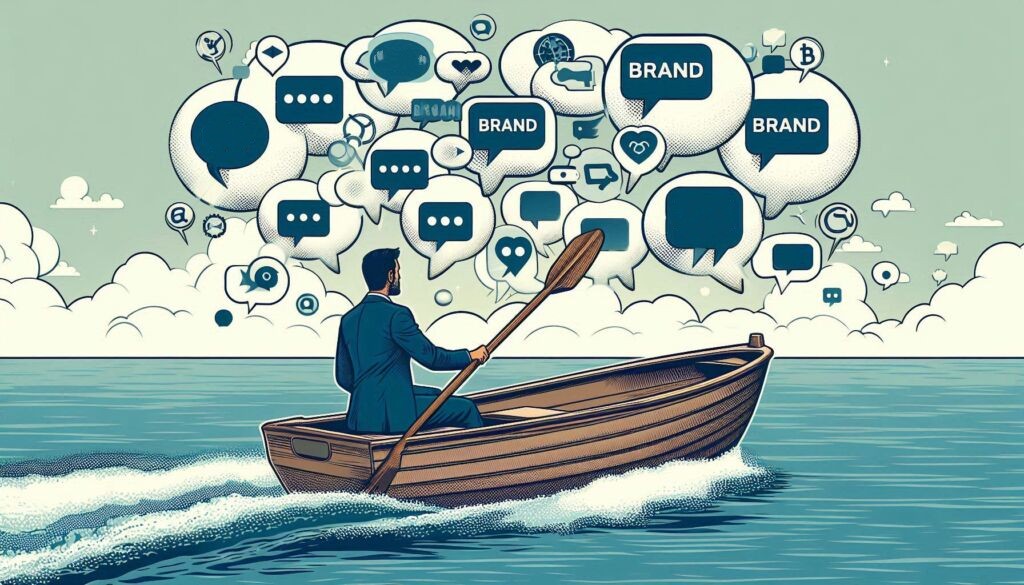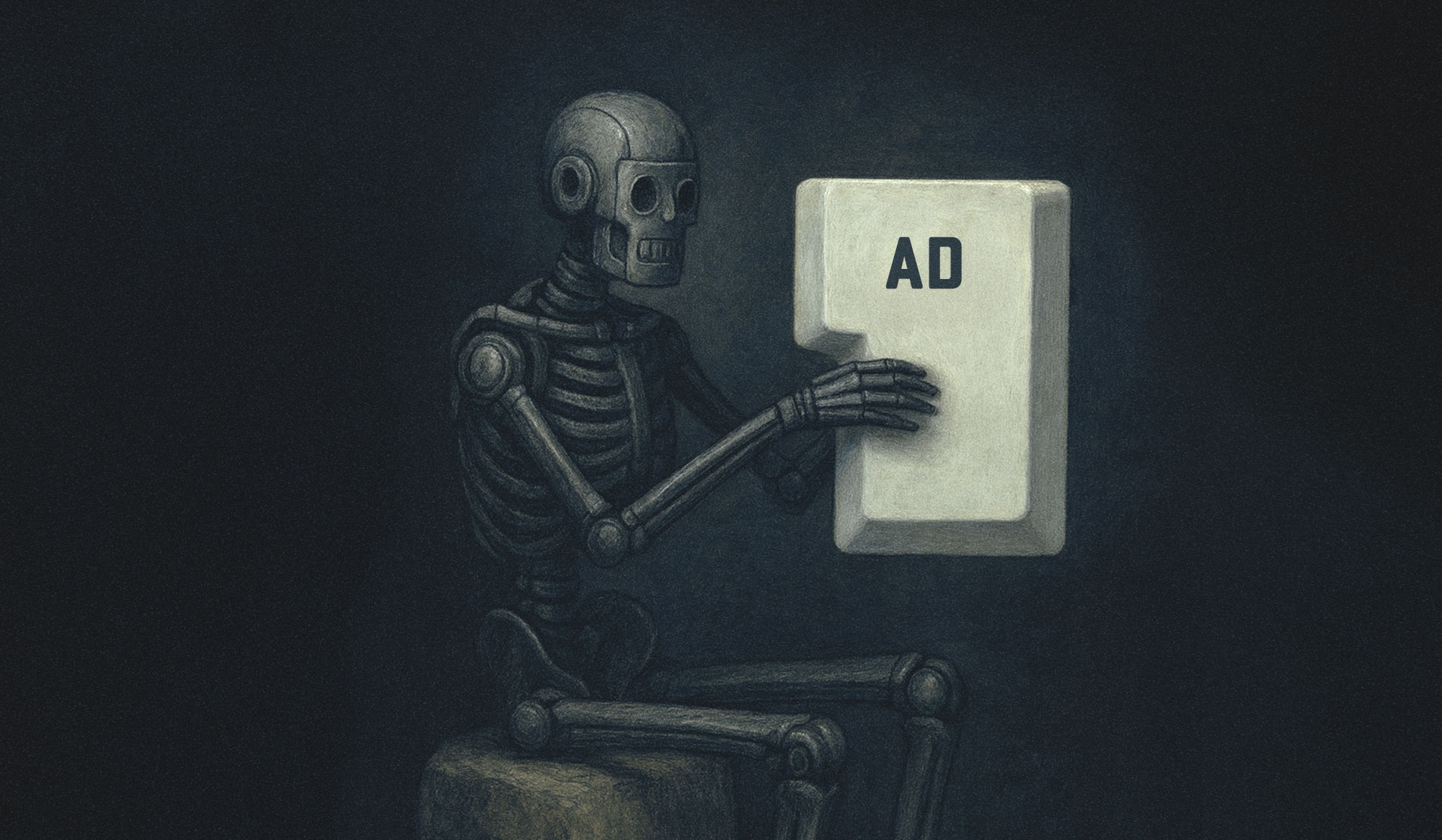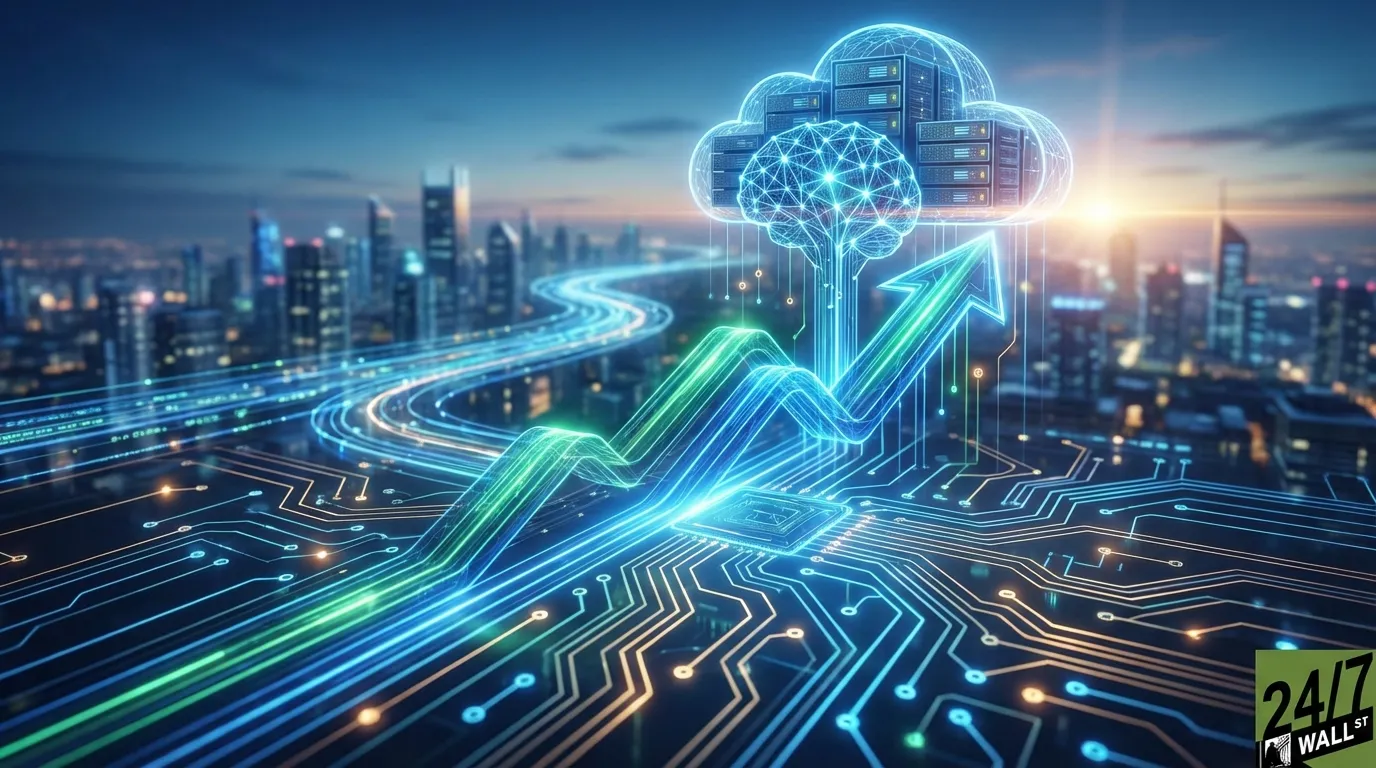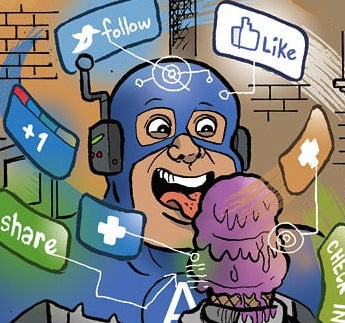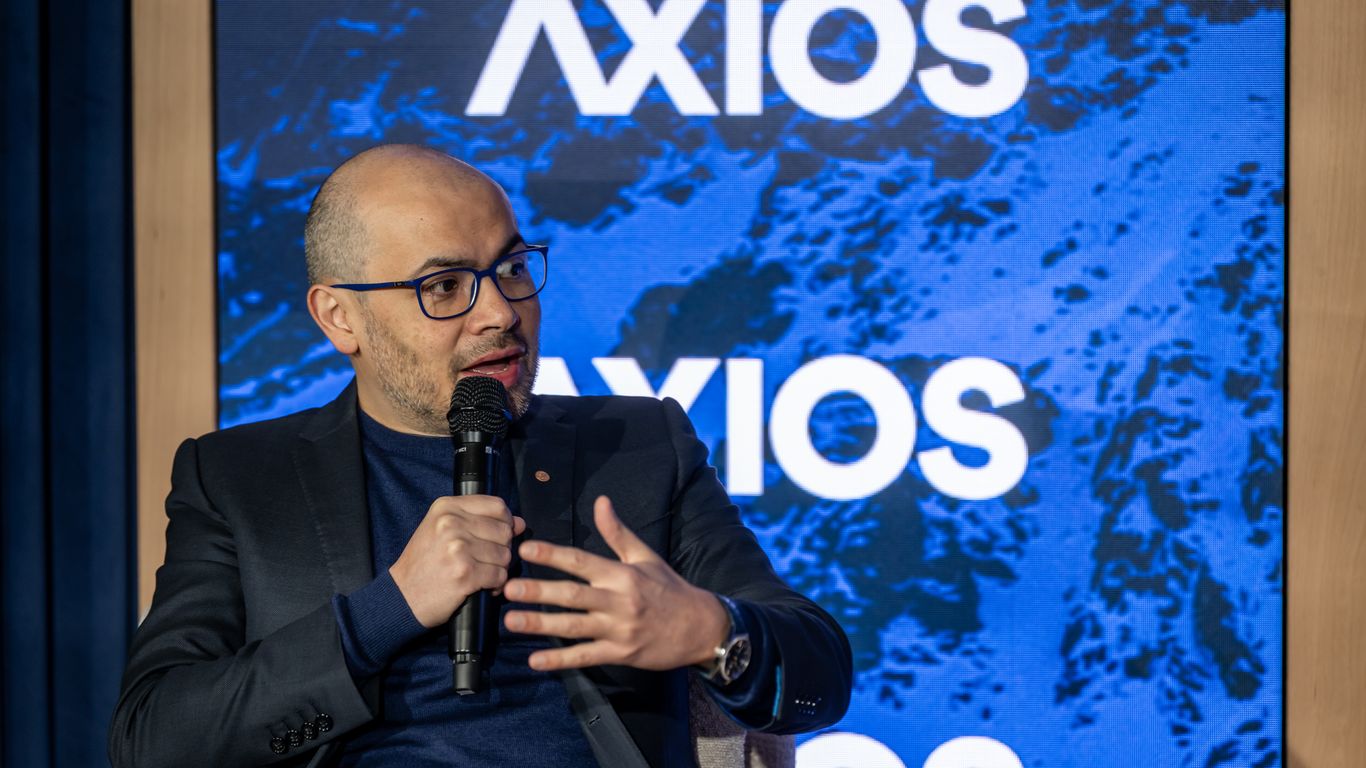from24/7 Wall St.
12 hours agoSalesforce Crushed Earnings by 25% and Still Can't Get Any Respect
The headline story here is the EPS beat paired with genuine AI monetization. Agentforce ARR hit $800M, up 169% YoY, and combined Agentforce and Data Cloud ARR exceeded $2.9B, growing over 200% YoY. Current RPO of $35.1B, up 16%, suggests durable near-term revenue visibility.
Business intelligence

